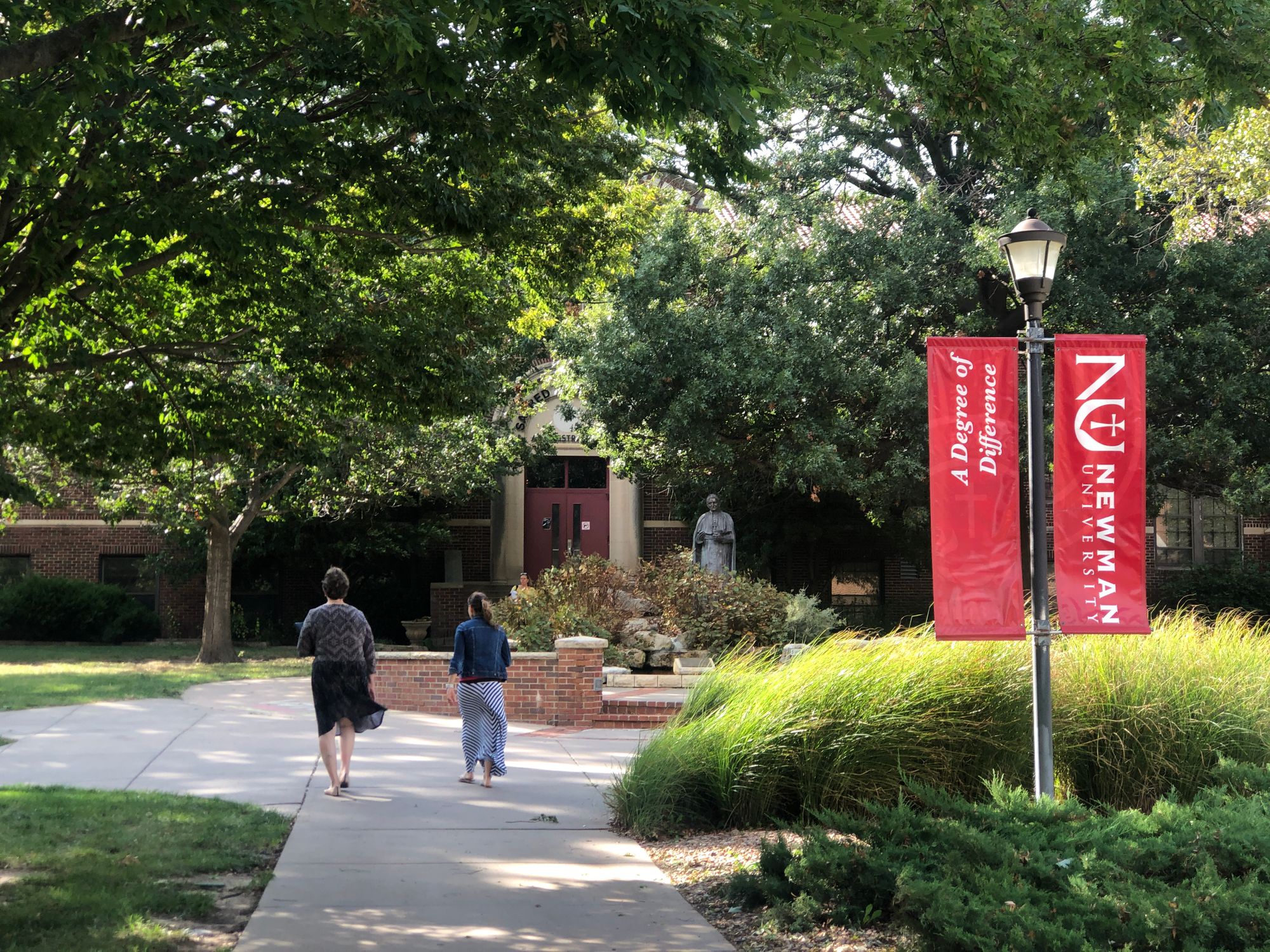By Courtney Klaus, Editor-In-Chief
In September, Newman University refinanced its bonds, resulting in an extension for debt payment and an additional loan of $3 million to the university for future initiatives.
Vice President for Finance and Administration Jennifer Gantz said the refinancing was great for the university because it significantly lowered its required annual payment on the bonds.
With the refinancing, she said, the university has to come up with $1.2 million less than it originally had to by the end of the fiscal year.
“It was very, very beneficial for us in a year where we really need that savings,” Gantz said. “...The main purpose of this was to try to get some additional funds, to try to give us some cashflow relief and to try and cover the cash shortages we’ve had the past couple of years.”
The cash shortages, Gantz said, had resulted from a decrease in enrollment, particularly this year.
Gantz said had Newman not been able to refinance its bonds, it could have caused a big problem because the university had not been cash flow positive in the past two years.
According to a case study released by Raymond James & Associates Inc., the university currently owes on three bonds. One is a Series A Bond of $3.9 million, the other is a Series B bond of $8 million and the new Series C Bond of $3 million.
Prior to the refinancing, the case study said the university had budgetary and covenant compliance concerns, as well as a need to fund new strategic initiatives.
The particular initiatives, Gantz said, have not been decided upon yet, but could include funding new programs or expanding the university’s online program.
Gantz said any use of the money from the new bond will first have to be approved by the university's board of trustees.
“I really think it’s best practice...so that when the administration needs to present to the board, the board can either approve or disapprove of the use,” she said.
Gantz said although the refinancing means the university will owe more money in the long term, it puts the school on a better financial trajectory and solves problems in the short term.
PHOTO: Carley Sullivan, Photography Editor
